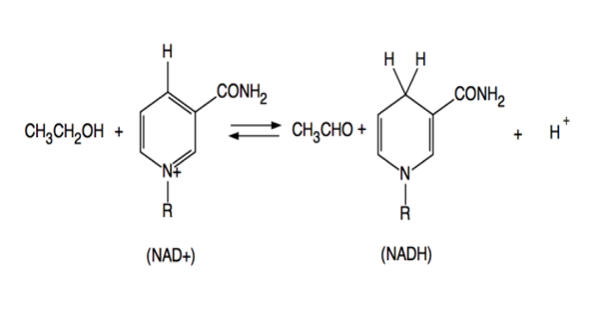Chores were the scourge of many of our childhoods, something we resented our parents for forcing us to do before being permitted to play Super Smash Bros: Melee on our GameCubes with our older brother. However, it appears that we owe our parents an apology for all of our tantrums over doing the dishes. According to a new study published in the journal Australian Occupational Therapy, being forced to complete chores on a daily basis may have enhanced executive functioning, which includes working memory, flexibility of thought, and self-control. It’s possible that it helped you do better in school.
In a statement, Deanna Tepper, a PhD student at La Trobe University and the study’s principal author, stated, “Parents may be able to employ age and ability-appropriate activities to assist the development of executive functions.” “Children who regularly prepare a family dinner or weed the garden are more likely to thrive in other areas of life, such as schooling or problem solving.” A poll of more than 200 parents and guardians of children aged five to thirteen came to this result. Caregivers were questioned about their children’s duties, including what they did, who they were for (themselves, their family, or their pets, for example), and whether or not they actually finished them.
The researchers next used statistical regression analyses to examine the data to see if helping out around the house was linked to executive function. Tepper explained, “We expected that children who did more home duties would have greater inhibition and working memory.” It’s a sensible suggestion: prior research has linked childhood duties to later psychological, social, and academic happiness, as well as the possibility that some activities might improve executive function.
It also makes logical sense: “Most chores demand individuals to self-regulate, retain attention, plan, and move between activities, hence fostering executive functioning development,” Tepper stated. There was one surprise: pet-related chores, which the researchers had expected to be a strong predictor of executive function – after all, animal interaction and pet ownership are known to improve mood and provide social support, both of which aid executive functioning – turned out to have little effect on the outcome.
“The majority of families said their child played with the pet and fed and watered it. As a result, the non-significant results are unlikely to indicate a low degree of involvement,” the study concludes. “However, it’s conceivable that simple jobs like pouring kibble or water into a bowl aren’t sophisticated or hard enough to help with executive functioning development, compared to duties like cooking, which need numerous stages.”
While the study had some flaws — for example, it didn’t take into consideration the children’s socioeconomic backgrounds, which has been linked to both executive function and the amount of home duties they are required to undertake – the findings had far-reaching ramifications. Executive function is a critical set of mental skills, and the researchers hope that their findings may open up new pathways for children and adults who want to develop this aspect of their cognition.
“Developing tailored learning activities and routines may be able to boost executive functioning,” Tepper added. Culinary, for example, has been proven to increase executive function in elderly individuals, while child-focused cooking and gardening programs, martial arts, and even video games have been demonstrated to improve childhood talents and function. The study indicates that “executive processes are… important to planning, multitasking, and beginning goal-directed activities.” “Parents may be able to help their child’s executive functioning development at home by promoting participation in housework.” Future study should concentrate on determining the directionality of this link.”
















